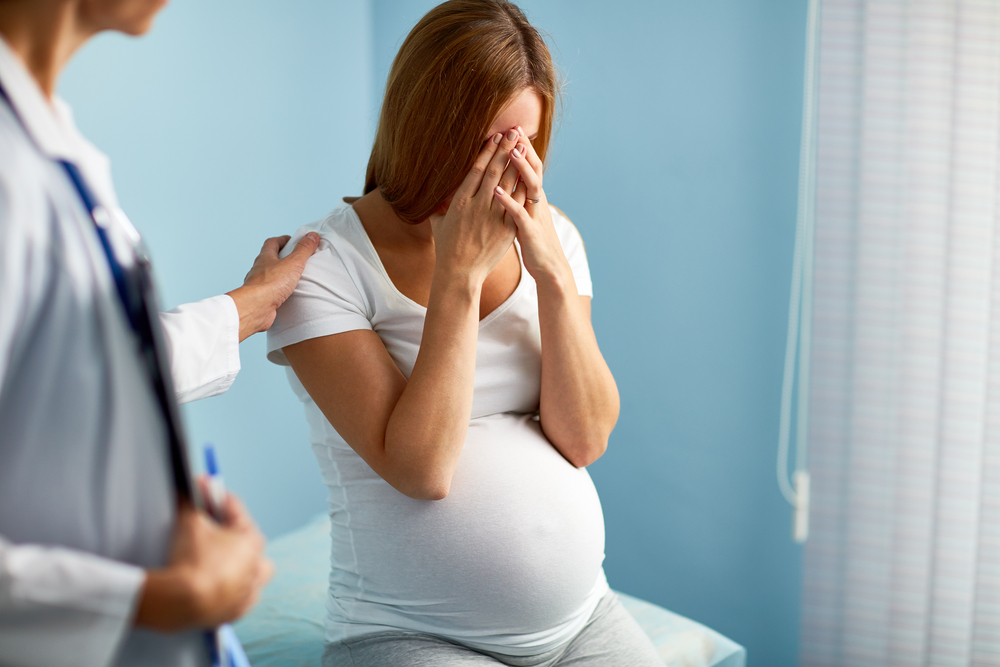Pregnant Women Will Get Access to Free Mental Health Assessments from November
The Federal Government has introduced new measures to ensure pregnant women have access to free mental health assessments during and after pregnancy.
A taskforce, which examined thousands of Medicare-funded services, recommended the assessment to be part of the Medicare Benefits Scheme.
Michael Gannon, the president of the Australian Medical Association (AMA) said early intervention was the key to treating postnatal depression.
“Healthy mothers who are functioning well are more likely to take good care of their babies,” he said.
“Not a year goes by where we don’t learn more and more about the importance of the first 1,000 days of a child’s life.
“They are critical in setting up a human being for good health for the rest of their life.”
From November, pregnant women will be screen tested for postnatal depression during the antenatal period. This new screening process is a step in the right direction to combating post-natal depression (PND).
Dr Gannon said, “To identify women who might already be depressed, but at the very least identify that group of women who are at increased risk of postnatal depression, and invest wherever possible in preventing it happening.”
Obstetrician and gynaecologist Dr Vijay Roach, founder of the Gidget Foundation, said pre-natal anxiety and depression would often go unrecognized among pregnant women.
“Women can have risk factors like social isolation, or previous mental health disorders or other things.
“But we know that 20 per cent of women are affected by anxiety and depression in pregnancy or early parenting … so by asking the question we can identify it.
“And we know that early intervention and continuing intervention makes a difference and reduces risk to mother and her baby and ongoing problems.”
Early intervention can reduce “these conditions being exacerbated,” said Dr Roach.
“If you have a formal screening program, if you actually ask the questions, you will discover that pre-natal anxiety and depression doesn’t discriminate, it can affect anyone.”
Early intervention could be initiating conversations, referring a patient to a GP or psychiatrist or prescribing medication or therapy to improve the mental health of the patient.
“The really important message is if emotional wellbeing is impaired during pregnancy or early parenting, that by identifying and treating it effectively, women can get better.
“[This will] also have a cultural and social effect, because we’ve recognised that mental health is an important part of a woman’s care.”
Beyond Blue report one in seven women are affected by PND after they give birth, and the condition develops between one month and up to one year after the birth of a baby.










